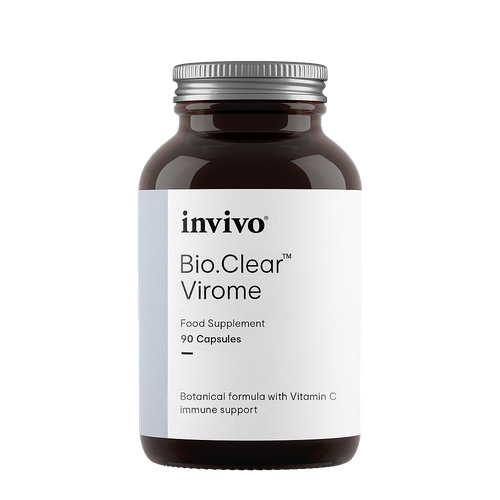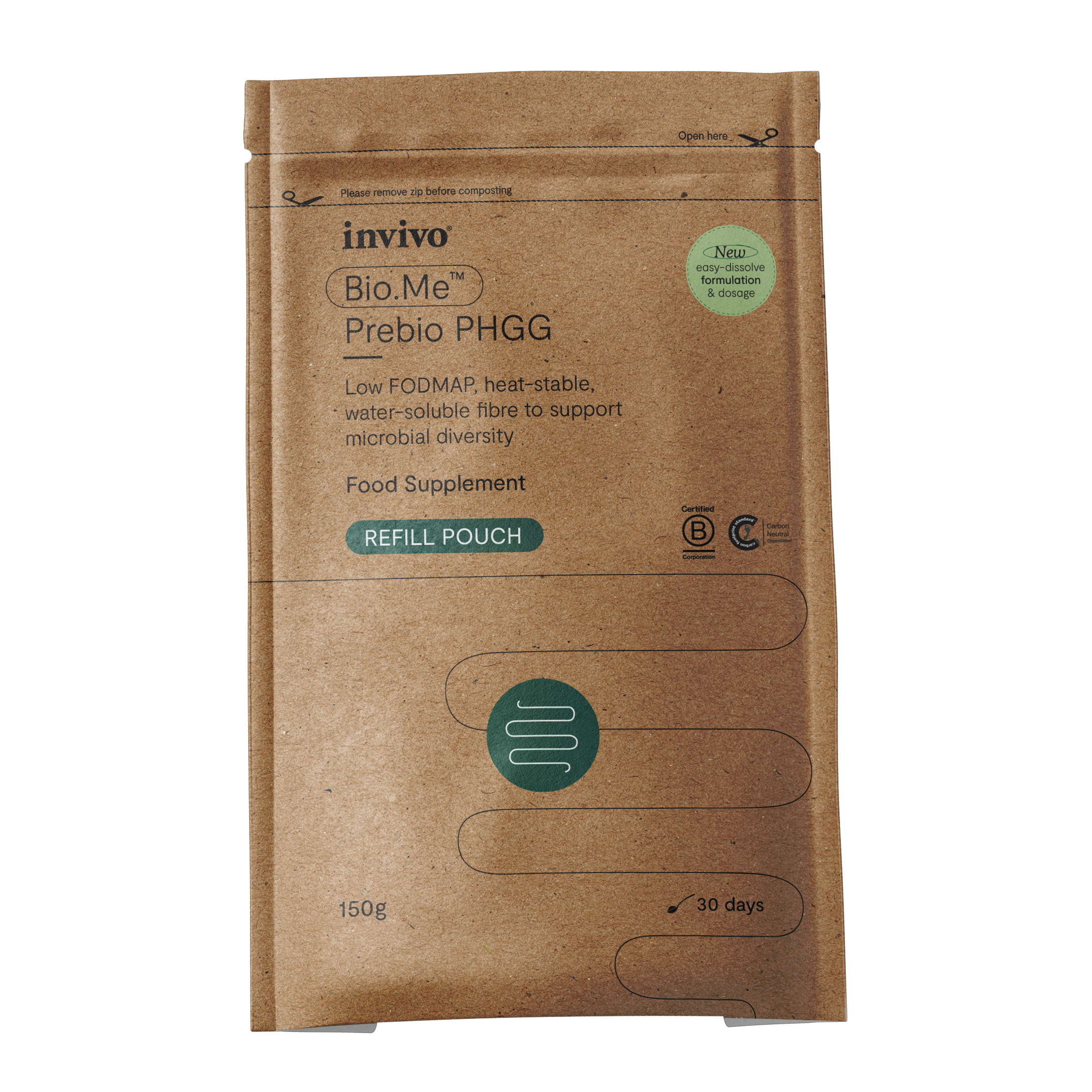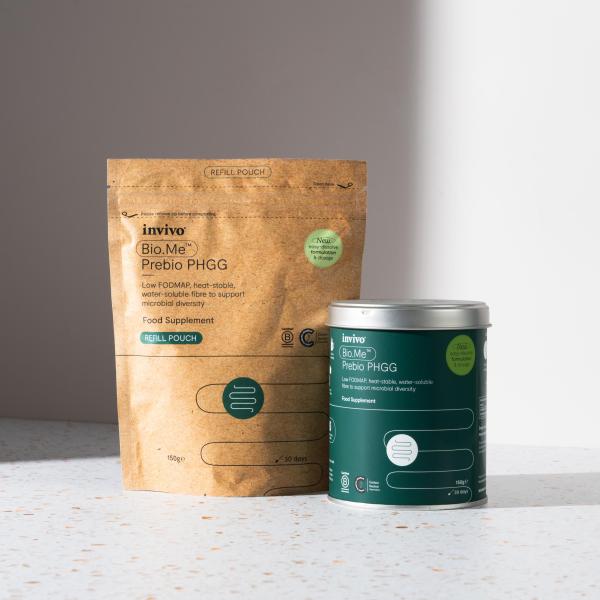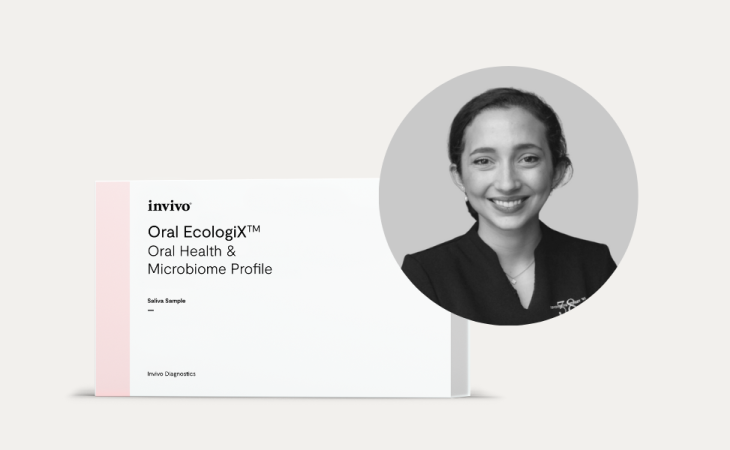Dr Victoria Sampson BDS MFDS RCS Ed, in partnership with Invivo Healthcare and EMS Dental, is leading an interventional study exploring the impacts of professional hygiene therapy using state of the art antimicrobial technology, and whether it can alter the oral microbiome on a short and long term basis.
The aim of this study will be to quantitatively and qualitatively measure the oral microbiome via Oral EcologiX before and after hygiene intervention in healthy subjects and patients with periodontal disease. Qualitative analysis of red complex pathogens’ presence in the microbiome, as well as quantitative analysis, will be performed on each microbiome test.
The Oral EcologiX will look for the presence of 14 bacteria correlated with oral health and disease.
Invivo’s Oral EcologiX: This ground-breaking clinical tool assesses the oral microbiome – a key ecosystem in the gut-brain connection, and for cardiovascular and female reproductive health.
Using quantitative real–time PCR (qPCR), Oral EcologiX provides an accurate, reliable and quantifiable measurement of microbiota abundance.
The microbiota of the oral cavity exists as a complex biofilm that remains stable, despite environmental changes. However, dysbiosis, in form of infection, injury, dietary changes and risk-associated factors (e.g. smoking) may disrupt the biofilm community, favouring colonisation and invasion of pathogens.
Disruption of the biofilm community to a pathogenic profile, induces host immune responses, chronic inflammation and ultimately, the development of local and systemic disease, such as gingivitis, periodontitis, oral cancer, cardiovascular disease and neurodegeneration. However, much of this damage is reversible if pathogenic communities are reduced, and homeostasis is restored.
EMS’s state of the art technology aims to manage biofilm by using an antibacterial agent, erythritol, to allow for effective biofilm disruption. Erythritol, as a material, is antimicrobial, anti-cariogenic and also is thought to reduce the formation of new pathogenic biofilms. Therefore, we suspect that regular GBT can positively influence the oral microbiome and allow for the recolonisation of commensal bacteria, thus recreating oral microbiome symbiosis.
Dr Victoria was published in Nature in June 2020 Could there be a link between oral hygiene and the severity of SARS-CoV-2 infections?, practices in Marylebone London and is an award winning Functional Dentist.
Invivo are committed to being leaders in the Human Microbiome and in 2020 became the world’s first B Corp certified Laboratory. Working with Dr Victoria is an extension of their commitment to restoring human health and ecology. Invivo are obsessively curious about the human microbiome and look forward to sharing with you the exciting work of Dr Victoria who also sits on the Invivo Healthcare Clinical Advisory Board. We wish Dr Victoria and her cohort successful outcomes.
Learn more about Dr. Victoria Sampson




